Poster available: Wolves restore nature’s balance in Europe
Our new poster ‘Wolves restore nature’s balance in Europe’ is available for downloading!
Update 21.08.2017: Now also available in Czech, Dutch, Portuguese and French.
Update 12.10.2017: Now also available in Romanian, Polish, Lithuanian, Latvian, Hungarian and Albanian.
Update 28.11.2017: Now also available in Gaelic and Serbian.
Update 12.06.2018: Now also available in Basque.
Update 10.04.2020: Now also available in Greek.
The poster is part of the bilingual Wilderness school-project ‘Let’s get Wild!‘. It visualises the role and influence this large carnivore can have in the European ecosystems. For example, the presence of the wolf affects many different animals, such as the predators (fox, golden jackal), herbivores (e.g., red deer, roe deer), scavengers (e.g., raven, vulture), and even humans!
The poster illustrates how the wolf can be a natural solution to different problems that European nature faces. The wolf keeps the number of foxes and golden jackals under control, allowing their prey (birds and rodents) to grow in population size. As the wolf takes out deer, areas along rivers become less overgrazed. This is beneficial for the beaver to build dams, which provide a suitable habitat for a wide variety of fish, amphibians and small rodents in the new wetland. The left-overs of wolf-kills provide the scavengers with an all year round food source. And the increased numbers of wild boar, damaging the farm fields, are able to decrease as the wolf is almost the only natural enemy. As the poster represents the situation on a European scale, it can differ on a regional and local level.
During our many discussions concerning the return of the wolves to Europe, we always were stunned how little was known about the crucial role the wolf plays in our ecosystems. The beauty of the red deer and roe deer was caused in large part by presence of the wolf. Evolution taught them to be fast and nimble of powerful with large antlers to evade the wolf. With this poster, we want to increase the knowledge on how the wolf is restoring the balance in Europe´s Nature. Gudrun Pflüger, Large Carnivore Specialist
This educational project from the European Wilderness Society is supported by Austria’s Federal Ministry of Agriculture, Forestry, Environment and Water Management. The available translations are made on voluntary basis by our Wilderness advocates. If you come across mistakes, feel free to contact us.
Download the poster ‘Wolves restore nature’s balance in Europe’ for free! Spread the word on the essential role of the wolf in the European Wilderness!
Wolves restore nature’s balance in Europe – poster downloads as PDF for your personal use as well as for educational purposes.
You can copy, print and redistribute the material in any medium or format, but please do not modify it without permission. We will have printed versions of the posters available upon request. Thank you.
We especially like to thank everybody who helped us with translating the poster into so many different languages.
Stay up to date on the Wilderness news, subscribe to our Newsletter!

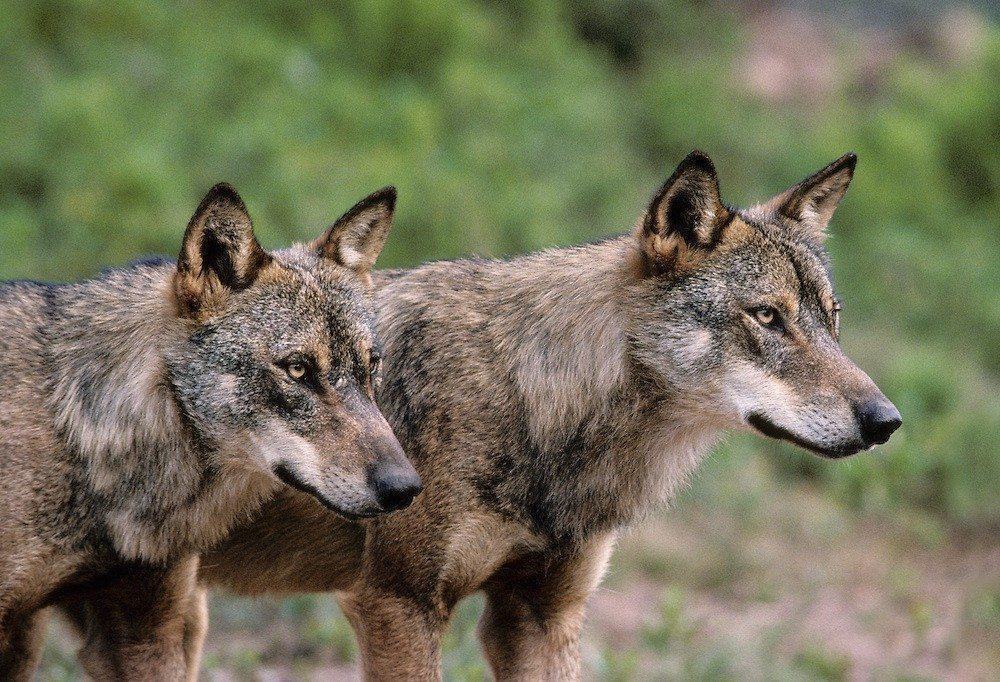
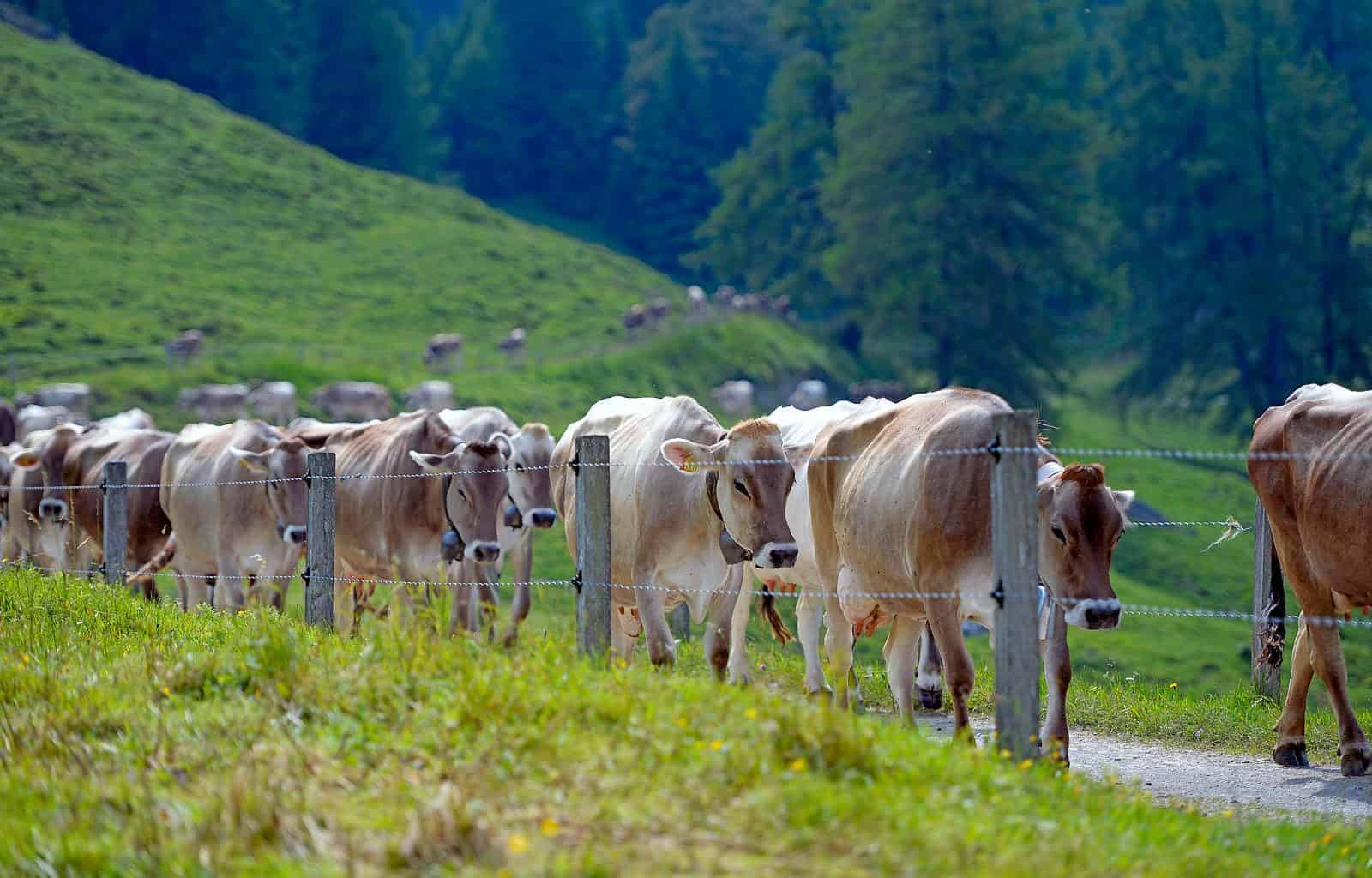
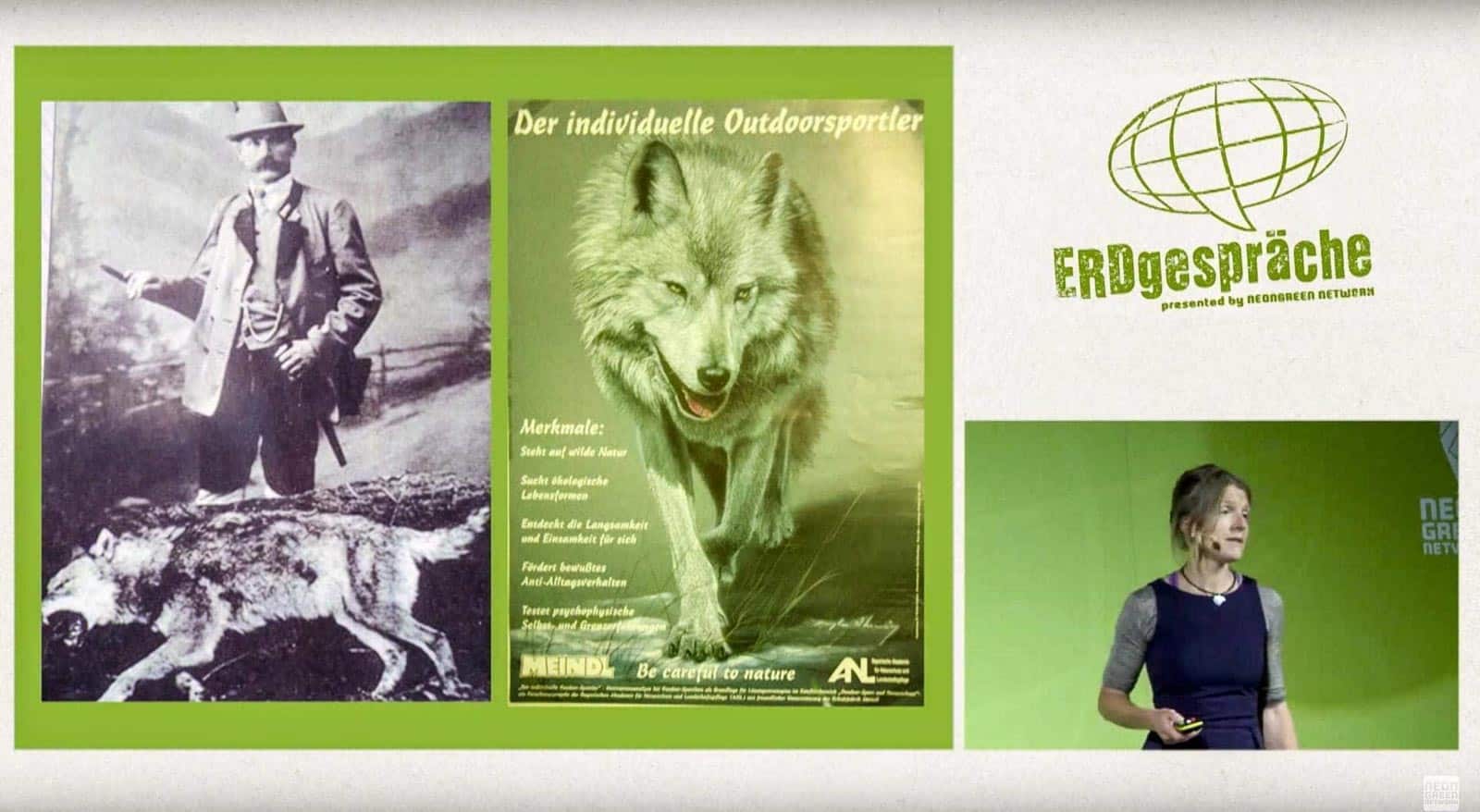

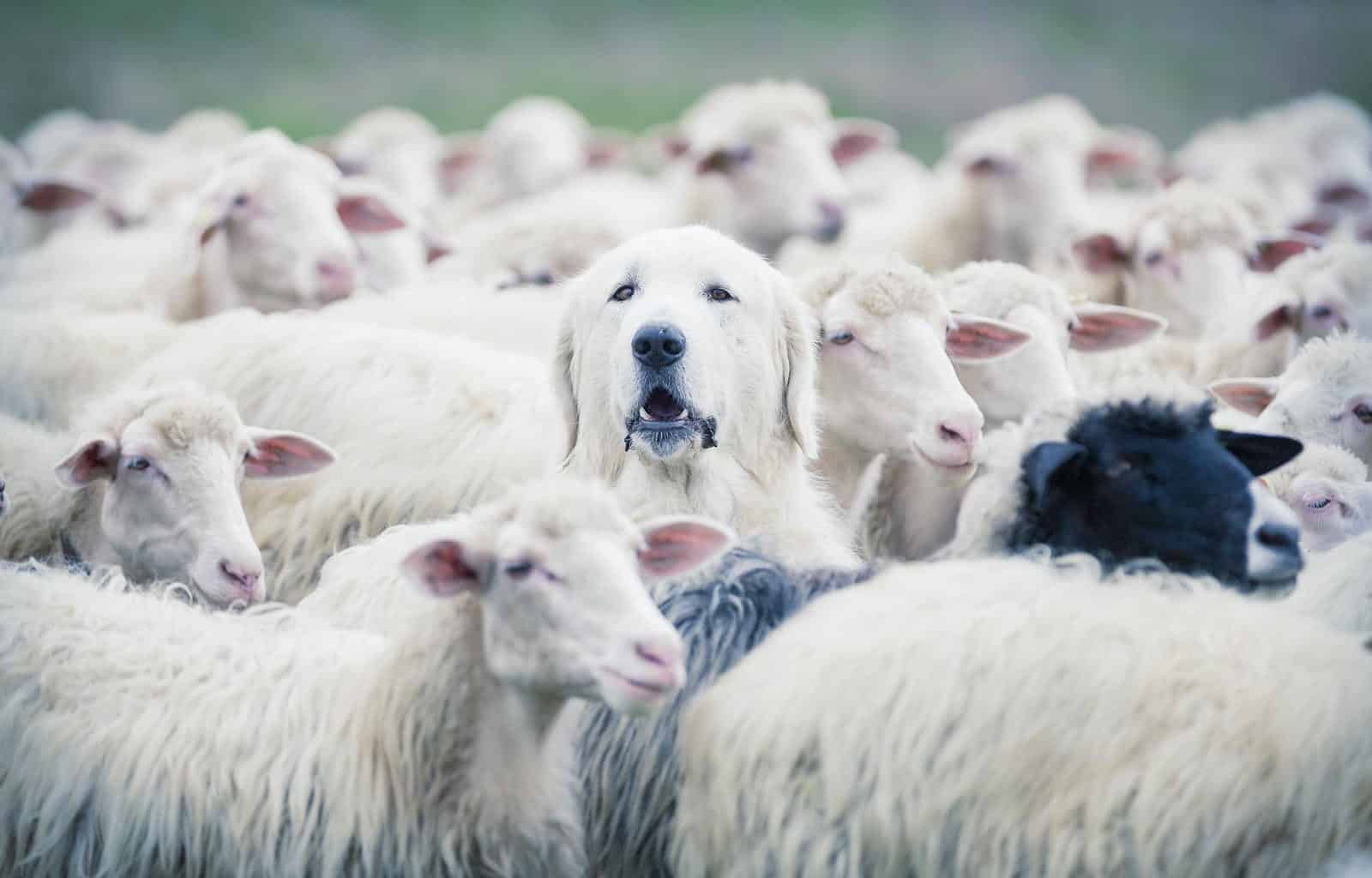
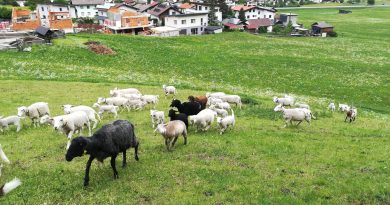
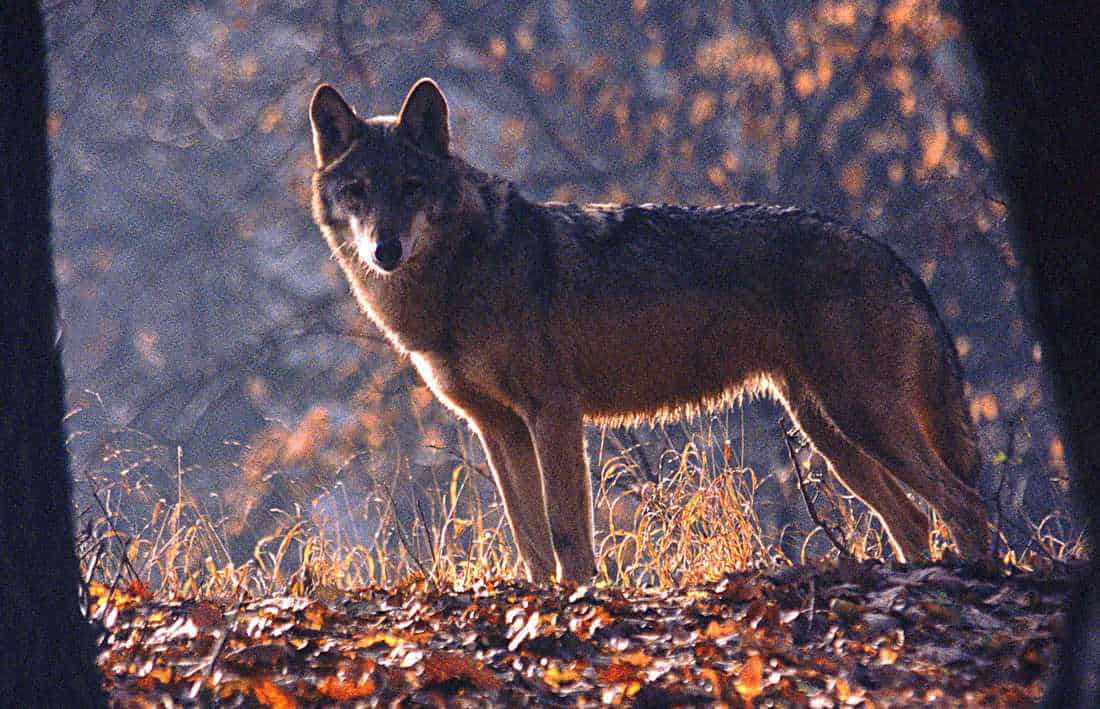

Leider ist ihre Übersetzung sehr fehlerhaft !!!!! Schade !!!!
Wenn Sie wirklich wissen wollen wie Wölfe denken, dann lesen Sie die “Gespräche mit Tieren” aus dem Flensburg Verlag in diesem Fall Band 4 (Naturgeister 14) Als jemand der unsere Mitgeschöpfe verstehen will sollte man sämtliche Gespräche lesen. !!!!!!!! Ich liebe diese Gespräche und begreife endlich was Gott uns damit sagen will. Alles Gute
Dear Jesús Martínez Ballestero, your compliment and comments are well appreciated. Thank you, you will soon find an updated Spanish version online.
Hi,
First of all, it’s a great poster. But, there are two a misspellings in the Spanish version. One in the “deer” part: It is written “disminuirça” and it should be written “disminuirá”. The other, in the “beaver” part, it is written “volverça” and it should be “volverá”. Moreover, There appear two different forms of “jabalí” plural: “jabalís” and “jabalíes”, in the same poster (both are correct, but maybe it would be better to use only one of them).
Dear Linda, thank you for your comment. We always welcome feedback to improve our work, I will send you an email with more information.
Hi! The Czech version that is now available is not really translated well. Is there a possibility to change it. We would like to use it, but it has to be translated profesionally.
Thanks!
Dear Christophe Voreux, thank you for your comment! In general, the lynx is a forest inhabitant in rough mountainous areas. A dense forest provides the, often solitary, hunting lynx a perfect habitat to hunt their main prey, the roe deer. A wolf pack will have difficulties to hunt such prey in a dense forest. In this perspective, the wolf and lynx distribution is therefore not likely to be overlapping. There are areas where occurrence is overlapping of course, like in Białowieża Primeval Forest, Poland. However, the number of lynx is very low in Europe, so the influence on mutual prey species is relatively low, compared to the effects of a wolf pack. Also, the wolf is not actively hunting lynx, rather avoiding confrontation. Since the lynx is a comparable apex predator, generally with a different habitat preference and preferred prey, and direct effects of wolves on lynx is limited, including the lynx in this poster would result in a more complicated and confusing poster. Your suggestion to change the text on the overpopulation of deer is appreciated. We are happy to receive any feedback, like wilderness our wolf-poster is a product of an ongoing and developing process. We will be publishing an updated version, including 5 more languages soon.
Dear Nick,
What about lynx and wolf? Nothing to say about this on the picture?
Another thing: On the French version there is a mistake about wolf and deer: “More than 11 million deer result in overgrazing…” does not mean “La population de cervidés de 11 millions résulte du surpâturage…”.
That is wrong and shall be corrected. Moreover, il is not said in which country there are more than 11 million deer.
So I suggest: ” La surpopulation de cervidés a pour conséquence le surpâturage…”
Best regards.
Hi Mr Thulin, this poster is about restoring nature’s equilibrium. Herbivores are just as important and equal, but without the wolf they often become a problem. Without wolves hunters play the role of the carnivores. Also Herbivores have evolved to such great animals because of the pressure by wolves and golden jackals.
A portuguese version would be great. Which email should I use to contact you?
Dear Madame/Sir,
Just a concern that you tend to problematise the herbivores in this pamphlet. Herbivores are main drivers of the open/semi-open landscapes, and in addition a key feature for strong populations of large carnivores. Naturally they inflict on anthropogenic interests, economically and socially, but is that really a concern for biological conservation and wilderness engagements?
What would Serengeti be without the wildebeests? What would the North American plains have been without the bison (well, that we know in part, and its not very pretty).
All the best
Carl-Gustaf Thulin
Swedish University of Agricultural Sciences
Dear Ondrej Vitek, we would be more than happy to publish a Czech version of the poster too. Your help is highly appreciated.
Should there be other readers, who want to contribute and translate the poster to a language that is currently not available, please get in touch with the European Wilderness Society!
Could you please prepare Czech version as well? I could send you the texts…